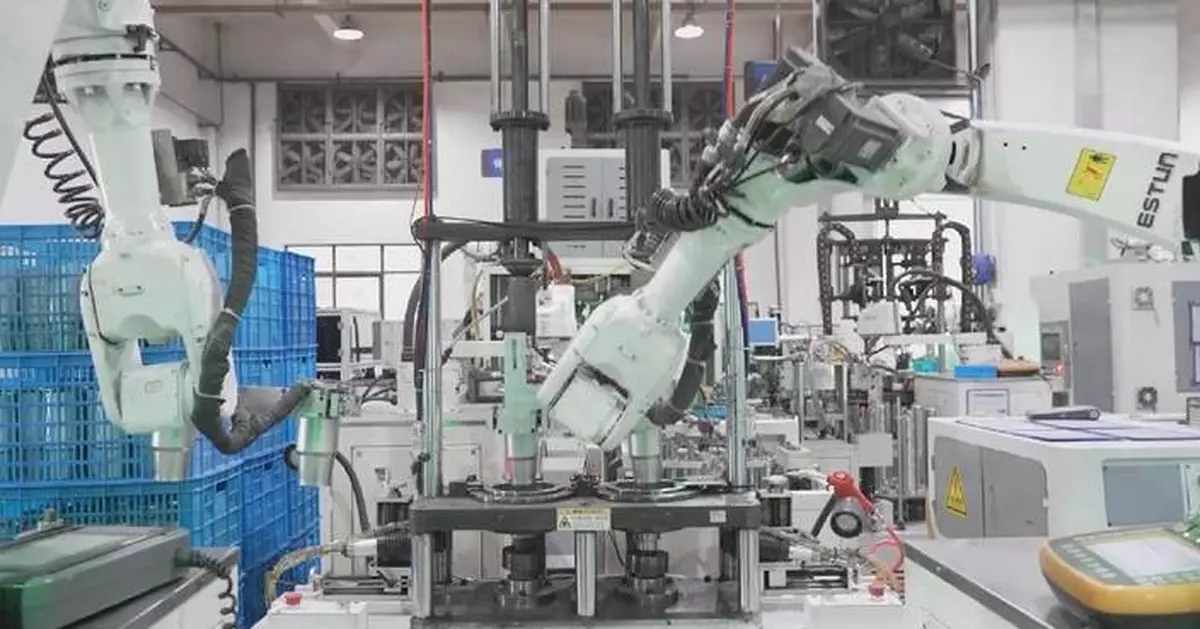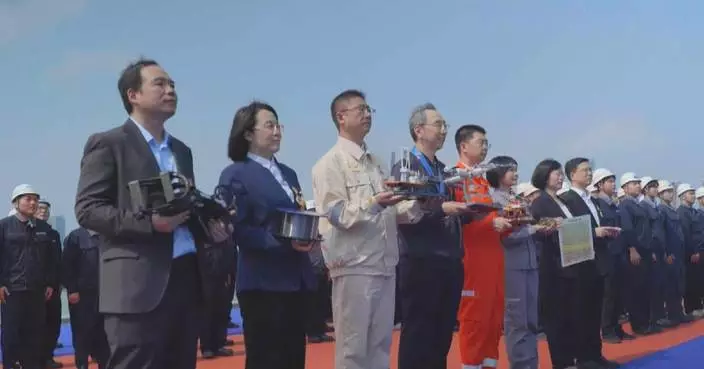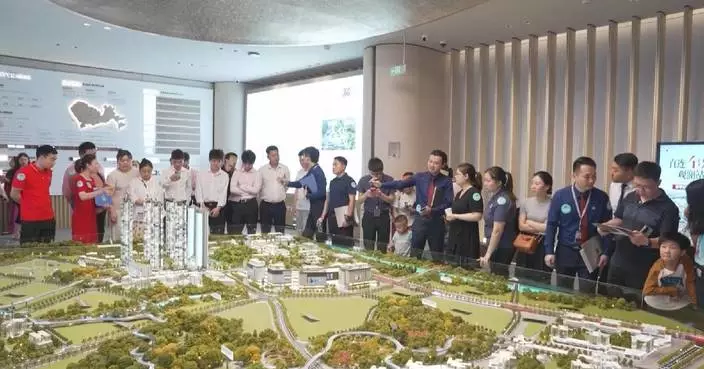Some 6.063 million new business entities were established in China in the first quarter of 2025, according to data released by the State Administration for Market Regulation (SAMR) on Monday.
Of the total, 2.1 million new enterprises, 3.949 million new individual businesses, and 14,000 new farmers' professional cooperatives were registered, reflecting stable growth across various types of business entities.
During the period, 1.979 million new private enterprises were registered in the country, a 7.1 percent year on year increase, surpassing the average growth rate of the past three years.
As of March end, the total number of registered private enterprises in China exceeded 57 million, accounting for 92.3 percent of all enterprises in the country. This demonstrates the strong resilience of China’s private sector and individual businesses.
During the January-March period, new foreign-invested enterprises grew by 4.3 percent year on year.
Enterprises of various ownership types showed a positive development trend, indicating continuous improvement in market expectations and a notable increase in business investment confidence.
The industrial structure has continued to optimize. In the first quarter, 322,000 new business entities were established in the primary industry, 468,000 in the secondary industry, and 5.273 million in the tertiary industry. As of March end, there were 24.918 million registered "four new economies" (new technologies, new industries, new business forms, and new models), a 6.2-percent year-on-year increase, accounting for 40.1 percent of all enterprises.
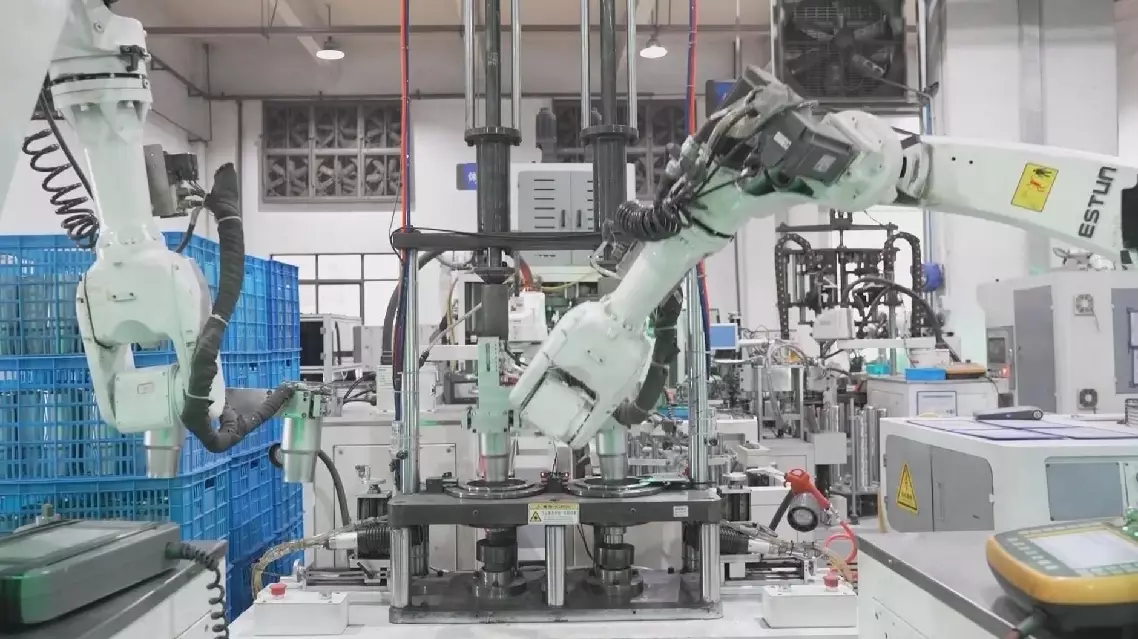
About six million new business entities formed in China in Q1
Brazilian President Luiz Inacio Lula da Silva met with visiting Chinese Foreign Minister Wang Yi in Brasilia on Wednesday, expressing the willingness to strengthen bilateral ties and expand cooperation.
Lula said that Brazil and China have built strong mutual trust and deepened cooperation across various fields, showing that Brazil's steadfast friendship with China is the right choice and a model for South-South cooperation.
He said that he looks forward to maintaining close high-level exchanges with China, further strengthening economic and trade ties, and expanding the mutually beneficial cooperation in finance, energy and other fields.
China's firm and forceful countermeasures against the "reciprocal tariffs" is admirable, said the Brazilian president, noting that China's just actions have received widespread support while certain country's irresponsible and unilateral practices warrant joint resistance.
Brazil is willing to work with China to advocate free trade, defend international rules, and counter any power overriding international justice, the president added.
Wang, who is also a member of the Political Bureau of the Communist Party of China Central Committee, said that China is willing to work with Brazil to implement the important consensus reached by the two heads of state and push for more outcomes in building a China-Brazil community with a shared future.
China will strengthen its cooperation with BRICS and Global South countries, adhere to multilateralism and safeguard international rules, he said.
On the same day, Wang attended the 15th Meeting of BRICS National Security Advisers and High Representatives on National Security in Brasilia.
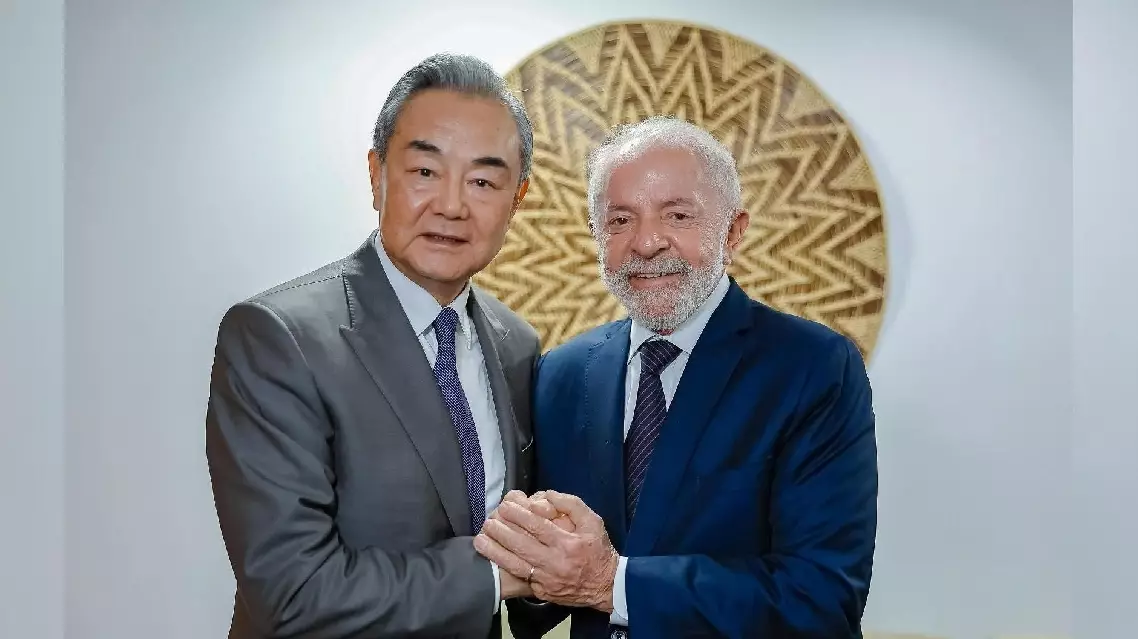
Brazilian president meets Chinese FM on closer ties, cooperation



